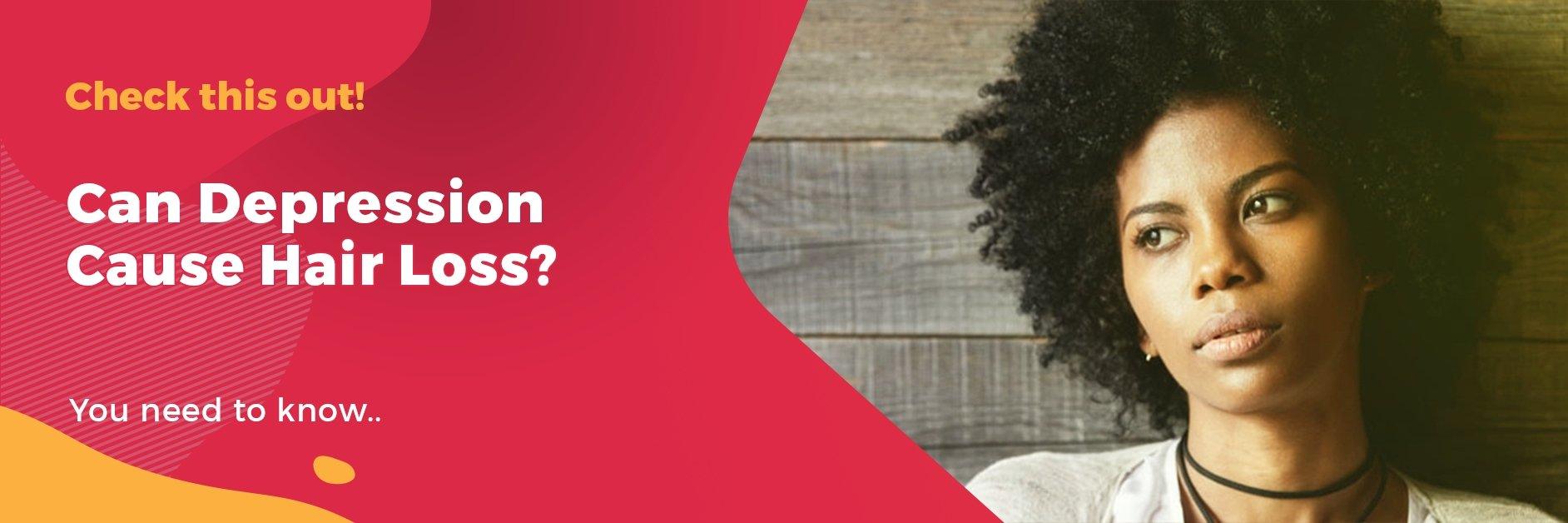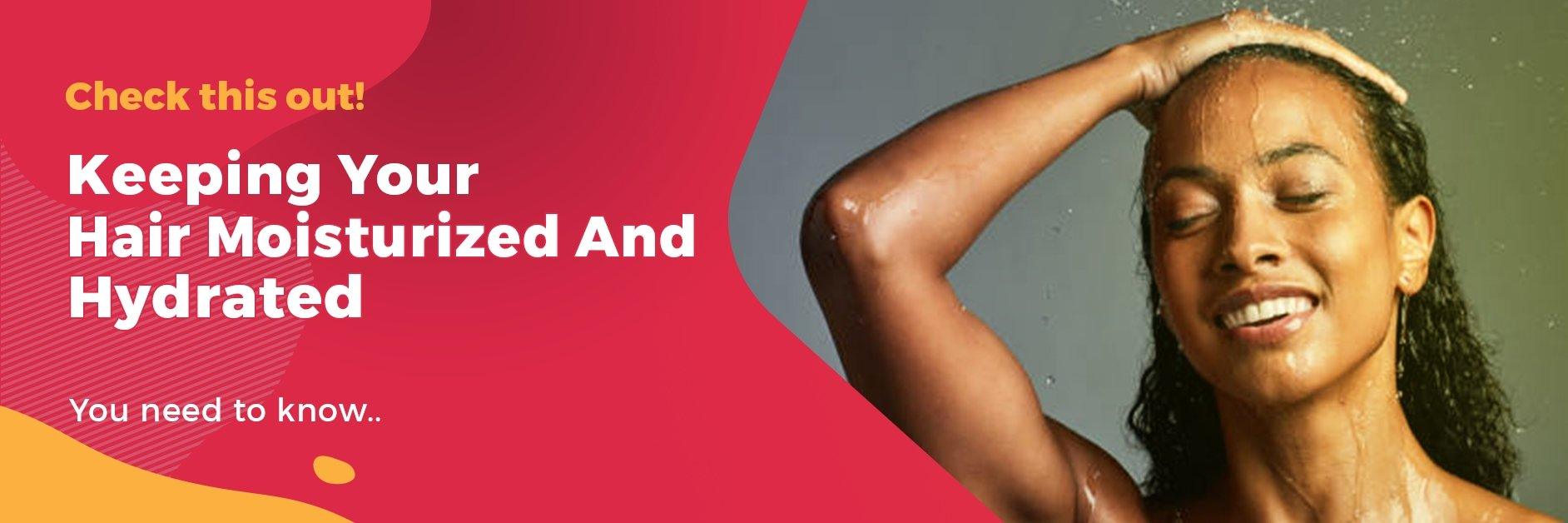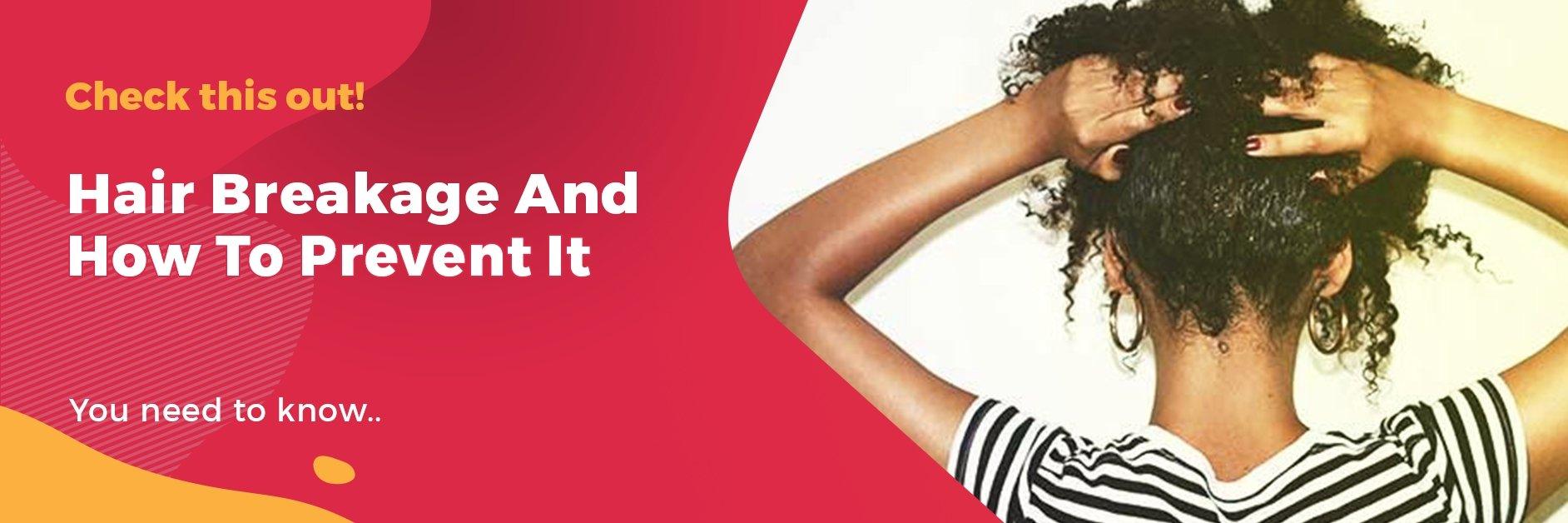
Can Depression Cause Hair Loss?
The effects of anxiety are both mental and physical. Some of the physical symptoms can include sweating, headaches, nausea, trembling, and rashes. Anxiety and hair loss is one physical side effect that is not so commonly mentioned. Many mental health conditions can cause thinning or unhealthy hair, forming a cycle of damage to self-esteem that may seem difficult to escape. Most people don’t think anxiety affects the hair because it doesn’t affect everyone. However, anxiety can have an effect on your hair and when it does, it can be very distressing for those dealing with sudden hair loss. In this blog we focus on four mental health conditions as they impact your hair, and what can be done to help.
Hair loss itself is not directly caused by depression, but rather the stress brought on by everyday difficulties for those suffering from anxiety. Depression and stress are similar conditions, but depression itself can be a lifelong struggle. Studies have shown that stress and anxiety-induced stress can contribute to specific hair loss conditions.
Alopecia Areata. Large clumps of hair may suddenly fall out for no apparent reason, causing patches of hair loss. Some people may experience hair loss in other parts of the body. Although the hair will grow back, continued depression and stress can cause the hair loss to continue leading to different patches of hair and baldness.
Telogen Effluvium (TE). This is the second most common form of hair loss. In essence, it occurs when there is a change in the number of hair follicles growing. The number of hair follicles producing hair will drop, which means an increase in dormant hair follicles, with the end result being hair loss. TE can appear as thinning hair with the hair on the top of the scalp thinning more than the sides or back of the scalp.
Another reason anxiety and stress may cause hair loss is due to the reduction of key nutrients required for hair growth. Stress and anxiety can increase muscle tension, skin sebum production, and an increase in hormones processed in the body. As the body works to combat these issues, the supplies needed for hair growth can be diminished. Sebum can also clog the pores in the scalp, thus hindering hair growth.
If you’ve ever found yourself literally pulling out your hair when you’re stressed or tense, it could be a sign of trichotillomania. In this psychological condition, people deal with negative emotions, like stress and anxiety, by pulling hair from the scalp, face, and other parts of the body. It’s most commonly seen in teenage girls.

How To Fight Hair Loss Due To Depression?
Stress management
Learning how to effectively manage your stress levels may help you reduce your risk for further hair loss. Of course, this is often easier said than done.
Popular ways to reduce stress:
- Exercise. Exercise is a great way to eliminate stress. Try taking a light daily walk, signing up for a dance class, or doing some yard work.
- Hobbies. Occupying yourself with something that you enjoy doing can be a great way to combat stress. Consider doing volunteer work, joining your local community theatre group, planting a garden, or starting an art project.
- Writing. Try taking a few minutes each day to write about your feelings, and the things that cause you stress. Reviewing the daily items that trigger your stress may help you to discover ways of coping with it.
- Breathing and meditation. Meditation and breathing exercises are great ways to allow yourself to focus on the present moment. You may also wish to try techniques that combine meditation with physical exercise.

Proper Diet
Eating a balanced, nutritious diet of whole foods is necessary for the health of your body and your hair. While it’s important to include all of the essential vitamins in a healthy diet, there are some that may be vital to hair growth:
- Vitamin C. This vitamin is essential for building collagen, the skin’s connective tissue that is found in hair follicles. Foods that contain vitamin C include citrus fruits, broccoli, bell peppers, and strawberries.
- Vitamin B. This complex of many vitamins promotes a healthy metabolism, as well as healthy skin and hair. B vitamins can be found in foods like dark leafy greens, beans, nuts, and avocados.
- Vitamin E. This vitamin contains potent antioxidants, which can contribute to a healthy scalp. Foods rich in vitamin E include sunflower seeds, spinach, olive oil, broccoli, and shrimp.

Keeping properly hydrated is also essential to overall good health. Every cell in your body relies on water to function properly. Try our BIOTIN VEGETARIAN STRAWBERRY GUMMIES FOR HAIR GROWTH.



Laisser un commentaire
Ce site est protégé par hCaptcha, et la Politique de confidentialité et les Conditions de service de hCaptcha s’appliquent.